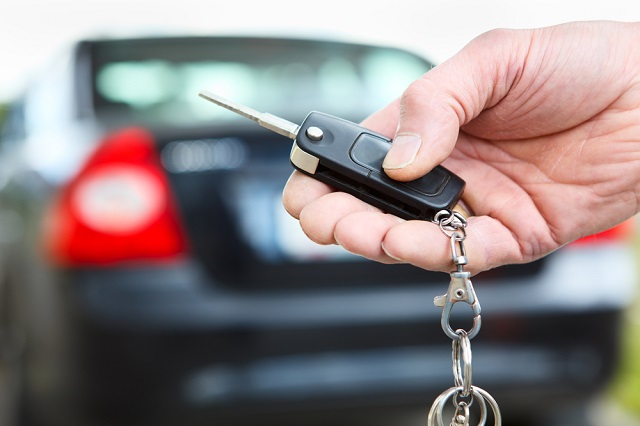When we think of buying a vehicle, most of us instantly conjure up the smell of new leather, the sight of gleaming paintwork, and the soft roar of a virgin engine. We imagine turning a shining key, handing over a wad of cash, and slowly rolling out of a forecourt filled with sleekly beautiful motors.
The reality is often quite different. There are many of us who simply don’t have the budget to buy new, or else feel that purchasing second-hand is much more financially savvy. Rather than entering the dazzling world of brand retailers, we opt to visit a dealer instead, or else to search online for a private sale.
The downside to this is the plethora of pitfalls that you potentially face. Although your cash should go a lot further when you buy second-hand, it’s important to make sure that you’re not setting yourself up for financial misery further down the line.
To help protect your purchase, here’s a short guide.
Research Your Dealers
A lot of second-hand purchasers prefer private sales as they can be more economical than approaching a professional dealer. However, for those who want the choice of a wide selection of cars, all of which they can test drive, plus an expert opinion on what they’re buying, a business seller can be the best choice. Unfortunately, we’ve all heard the horror stories of how badly this can go wrong, but thankfully dodgy dealers are actually few and far between. The easiest way to protect yourself is simply by doing your research. Ask around to find out whom your friends have bought from, use Google to find reviews of local companies, and use the knowledge you gain to sort the wheat from the chaff.
Always Ask for a Test Drive
Buying from a private seller has just as many potential pitfalls, but irrespective of whom you’re purchasing from, a test drive is always a good idea. There are very few problems that can be masked once you’re behind the wheel, so make the most of this opportunity to see how the vehicle you’re testing performs. If you feel confident enough in a strange motor, it’s a good idea to not only take the ride you’re trying along residential streets, but also onto A roads or a motorway to give you the opportunity to get some speed up.
Check the Vehicle’s Service History and Logbook
One final word of warning is to always check the vehicle’s service history and logbook. Genuine sellers should have no issue with you taking a peek at these, and any other relevant documentation that they have, so if they do, then warning bells should start to ring. If any problems are detailed, even if the seller has been honest about these, it pays to ask for more information, so that you can really ascertain the car’s performance history and reliability.
Provided that you’re pleased with the answers you receive, all that’s left to do is settle on a sum that pleases you both, and then enjoy your new car.





